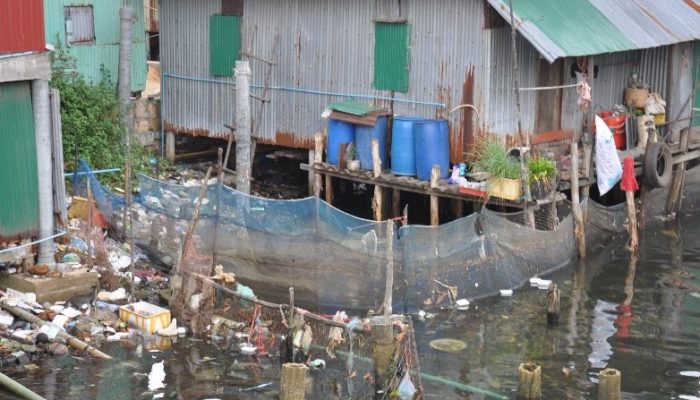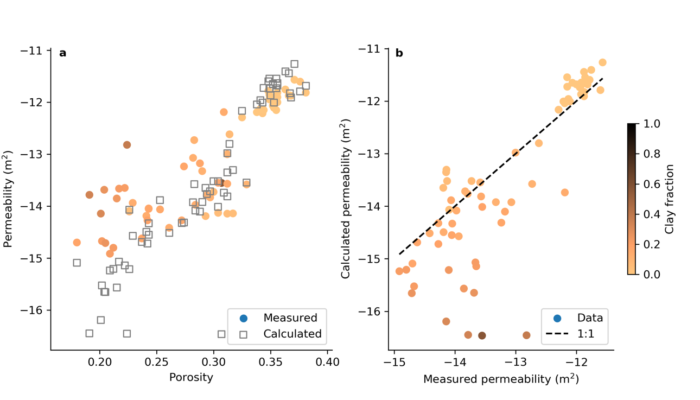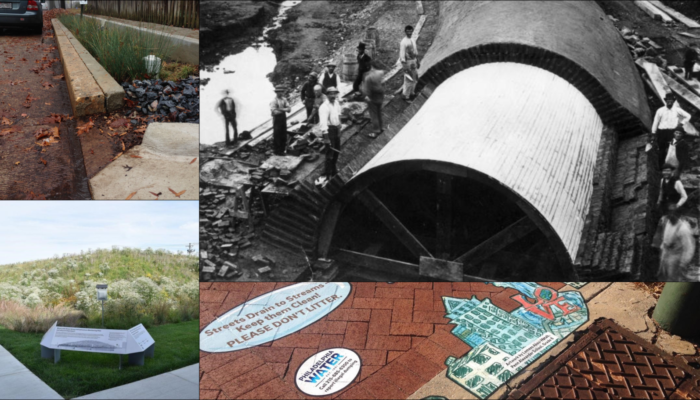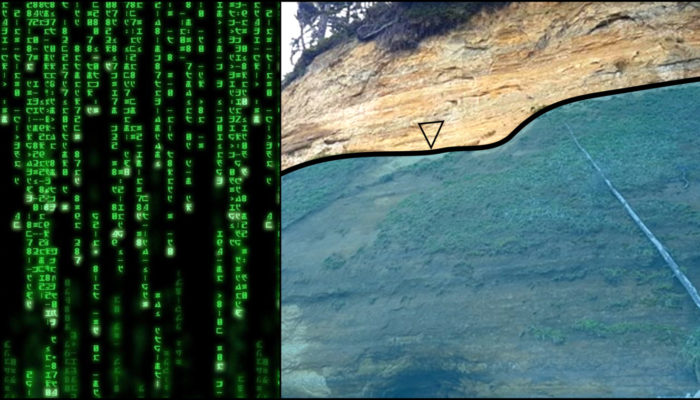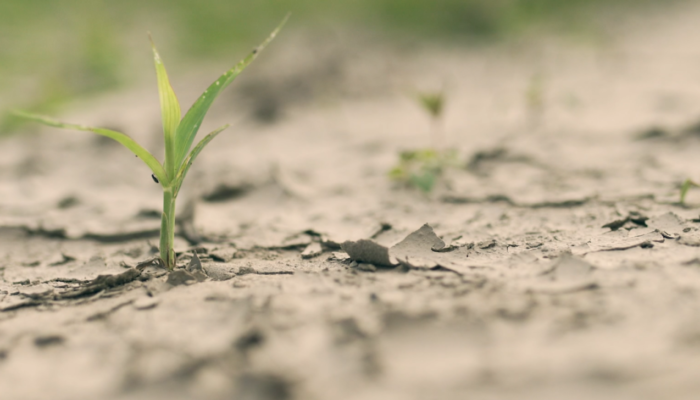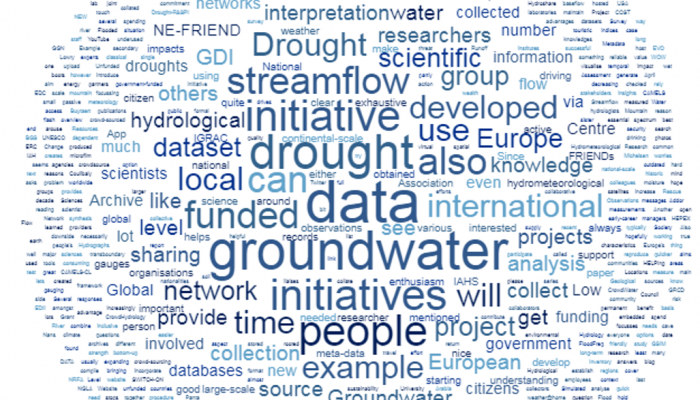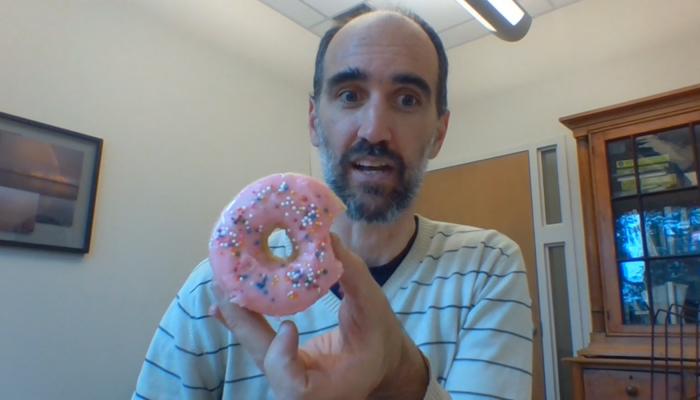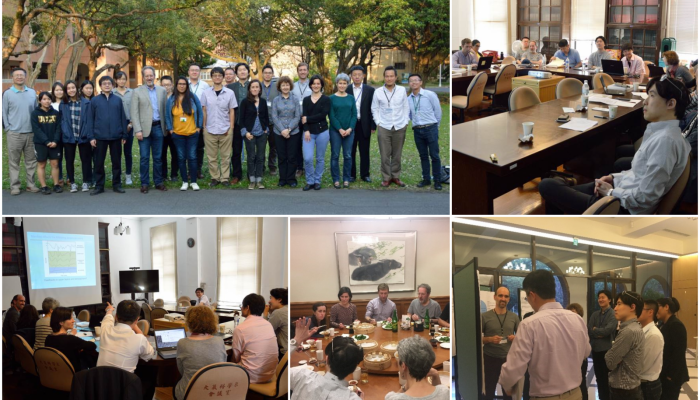Post by Viviana Re, researcher at the University of Pisa in Italy. You can follow Viviana on Twitter at @biralnas. Until recently, the topic of plastic pollution was relatively unknown to the general public, although the problem was already under everyone’s very eyes. Indeed, plastic pollution has become one of the most debated issues over the last few years, in some cases even overshadowing ...[Read More]
A do-it-yourself Jupyter notebook to constrain sediment permeability
Post by Elco Luijendijk, Junior lecturer in the Department of Structural Geology and Geodynamics at Georg-August-Universität Göttingen and WaterUnderground founder Tom Gleeson (@water_undergrnd), Associate Professor in the Department of Civil Engineering at the University of Victoria. Most of the groundwater on our planet is located in sedimentary rocks. This is why it is important to know how eas ...[Read More]
Urban water underground: How green infrastructure makes it visible
Post by Theodore Lim, assistant professor of Urban Affairs and Planning at Virginia Tech. He researches the socio-hydrology of green infrastructure planning and implementation. In order for people to care about something, to value it, they have to be able to see it and experience it. This point should not be taken lightly. So much about decision-making and policy-making depends on how much public ...[Read More]
Quest for Sustainability of Heavily Stressed Aquifers at Regional to Global Scales: Upcoming Chapman Conference
Abstracts are due soon (July 10th) for the upcoming Chapman conference on groundwater sustainability on Oct 21-24, 2019 in Valencia, Spain. Hopefully this will be a rare opportunity where many of the leading people on groundwater sustainability will gather with a shared intention to share, discuss and debate scientific advances and encourage a pivot towards groundwater sustainability. A range of p ...[Read More]
Doing Hydrogeology in R
Post by Sam Zipper (@ZipperSam), current Postdoctoral Fellow at the University of Victoria and soon-to-be research scientist with the Kansas Geological Survey at the University of Kansas. Using programming languages to interact with, analyze, and visualize data is an increasingly important skill for hydrogeologists to have. Coding-based science makes it easier to process and visualize large amount ...[Read More]
Update on the groundwater situation in Cape Town
Post by Jared van Rooyen, PhD student in Earth Science at Stellenbosch University, in South Africa. When the Cape Town water crisis first emerged it took almost a year before active contingencies were put in place. Four major ideas were proposed: (1) Intense water restrictions for municipal water users, (2) greywater recycling facilities, (3) groundwater augmentation of water supplies, and (4) des ...[Read More]
Data sharing: an update on new and existing initiatives
Post by Anne Van Loon, Gemma Coxon, and Bentje Brauns. Last year, Anne Van Loon wrote about data sharing initiatives in hydrology (“Data drought or data flood?” 28 May 2018). This post gives an update on existing and new initiatives. CAMELS (Catchment Attributes and MEteorology for Large-sample Studies) The CAMELS datasets are expanding: from the United States and Chile to Great Britain and Austr ...[Read More]
Video: Linking water planetary boundaries and UN Sustainable Development Goals
Water Underground creator Tom Gleeson prepared this quick research video (with no more than a toothbrush, a file holder, and a doughnut, in one take!) for the Ripples project meeting at the Stockholm Resilience Centre, that was held in April. In this video, he talks about using doughnut economics for linking water planetary boundaries and UN Sustainable Development Goals. Display "Linking wat ...[Read More]
Dowsing for interesting water science – what’s exciting at EGU 2019?
Joint post by Sam Zipper (an EGU first-timer) and Anne Van Loon (an EGU veteran). Every April, the European Geophysical Union (EGU) holds an annual meeting in Vienna. With thousands of presentations spread out over a full week, it can feel like you’re surrounded by a deluge of water-related options – particularly since the conference center is on an island! To help narrow down the schedule! ...[Read More]
Have you ever wondered if groundwater is connected to climate?
Post by Tom Gleeson, Assistant Professor in Civil Engineering at the University of Victoria. ‘Groundwater-surface water interactions’ has become standard hydrologic lexicon and a perennial favorite session title at various conferences… but how often do you hear the phrase ‘groundwater-climate interactions’? A group of hydrologists, hydrogeologists, atmospheric scientists and geodesists that met i ...[Read More]

